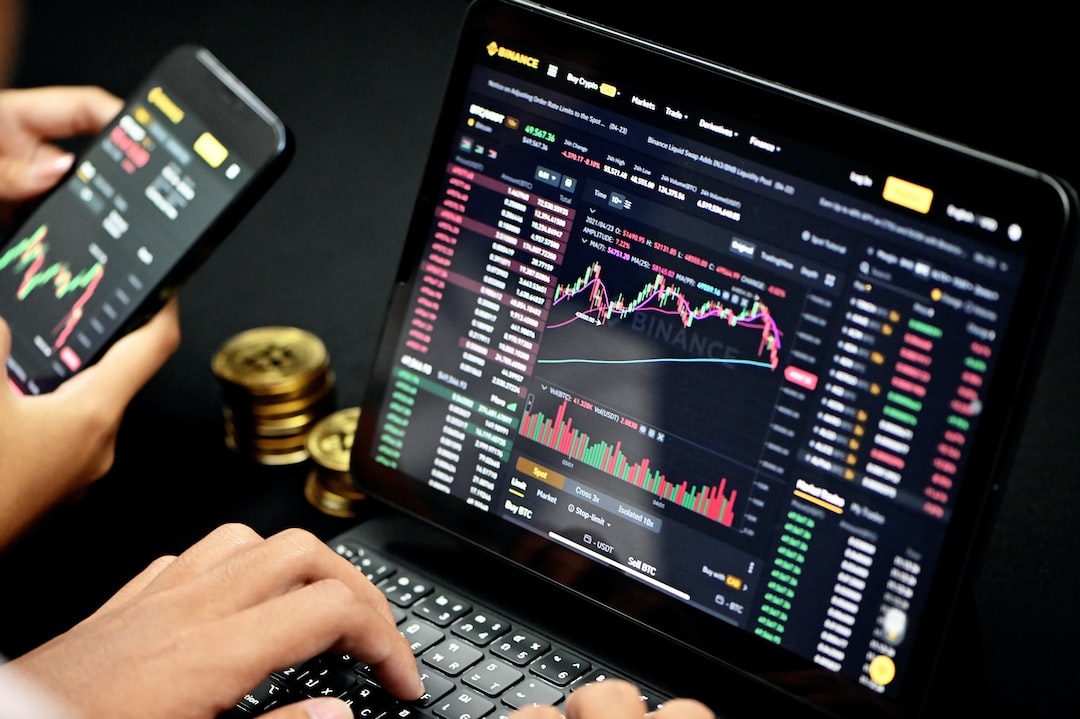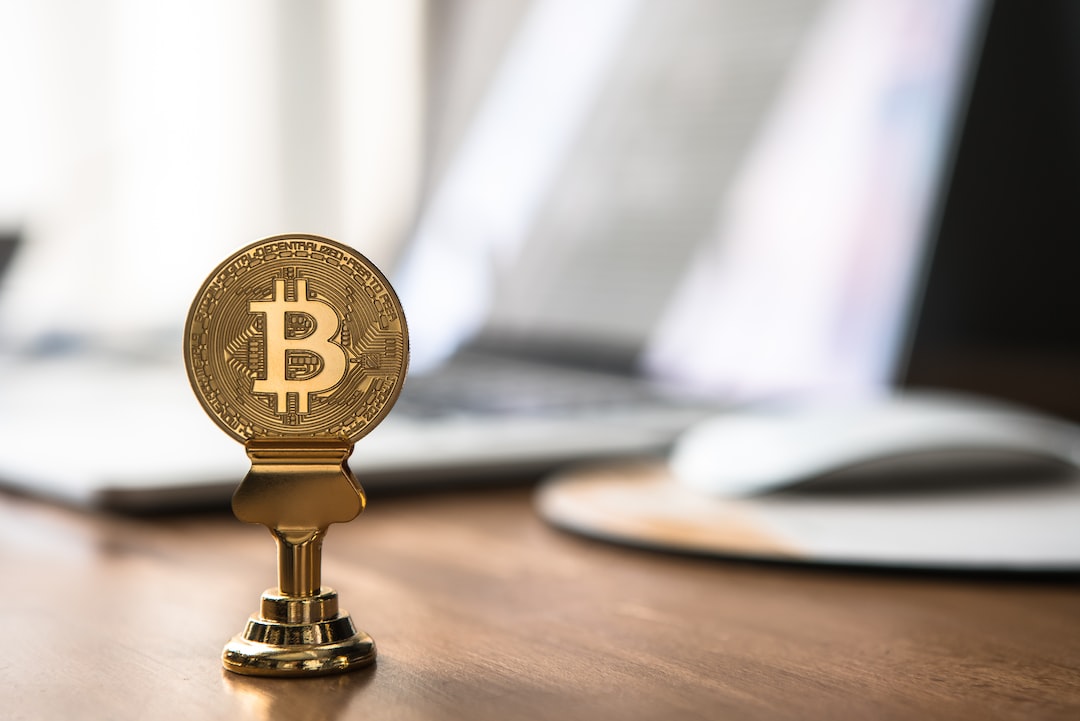In the SEC vs. Binance case, Australian lawyer Bill Morgan has highlighted the significance of the SEC’s move to certify an interlocutory appeal.
Morgan believes that the SEC may use this appeal to strengthen its argument that Judge Torres’ rulings have broader implications for other cases. This could potentially impact the outcome of the Binance case and challenge the SEC’s approach to crypto regulation. Judge Torres had previously ruled that ‘blind bid/ask transactions’ are not considered “investment contracts” in the SEC vs. Ripple Labs case.
Ripple Labs opposes the SEC’s attempt to certify an interlocutory appeal in its own legal battle.
Both Ripple and Binance resisting the interlocutory appeal adds an interesting dynamic to how such appeals could shape individual cases and set new precedents for cryptocurrency regulation. The outcome of this appeal could have far-reaching consequences if Judge Torres grants it, as it could influence not only these cases but also the broader regulatory framework for cryptocurrencies.
The crypto community eagerly awaits the outcome of these interlocutory appeals.
Bill Morgan’s insights have shed light on a crucial aspect of crypto litigation and how appeals can impact individual cases and regulatory frameworks for cryptocurrencies.
Hot Take: The Implications of Interlocutory Appeals in Crypto Litigation
The recent move by the SEC to certify an interlocutory appeal in the ongoing cases against Binance and Ripple Labs has raised significant questions about the future of cryptocurrency regulation. These appeals could potentially challenge existing interpretations of investment contracts and reshape the regulatory landscape. The outcomes of these appeals will not only determine the fate of individual cases but also establish important precedents for future crypto-related legal battles. As the crypto community eagerly awaits Judge Torres’ decision on whether to grant these appeals, the implications for the industry as a whole remain uncertain.





 By
By
 By
By
 By
By

 By
By
 By
By